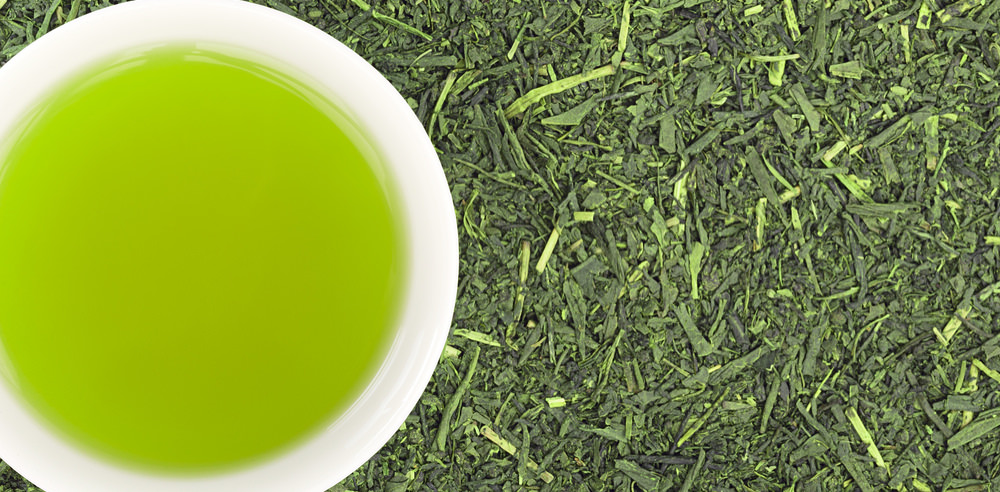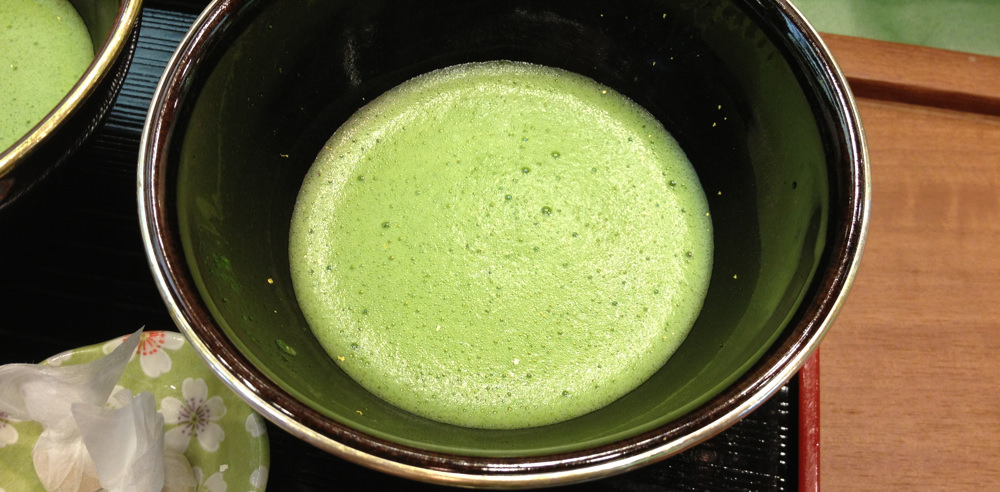
Polyphenols are chemical compounds made of multiple phenol units. They occur naturally in a variety of foods that we eat on a daily basis.
Some of the best sources of polyphenols include olives, celery, dark chocolate, red wine, hazelnuts, green tea, apples, plums, red onions, and spinach. See this complete list of the 100 richest dietary sources of polyphenols.
There are several types of polyphenols in our food, such as tannins, flavones, isoflavones, catechins, stilbenes, lignans and anthocyanidins to name a few.
Modern science and research shows that polyphenols are vital for a healthy diet.
In the past 20 years there have been a number of studies on the effects they have on our bodies. The evidence supports that these compounds may help in the prevention of harmful disease like cardiovascular disease, osteoporosis and cancer.
Polyphenols are known to have strong antioxidant properties. Meaning they can protect our body’s cells from oxidation and help prevent cell death.
The effectiveness of these polyphenols depends on the amount consumed and how well your body absorbs, stores, and uses them. However, there are no recommended dietary consumption levels because their absorption varies from person to person.
Tea is the most widely consumed beverage in the world, it stands second only to water. All sorts of teas – such as green, black and oolong – have high amounts of polyphenols.
Out of these, green tea reportedly contains the highest concentration of these powerful polyphenols. An article by the University of Maryland Medical Center suggests that the antioxidant effects of polyphenols from green tea may be better than those from vitamin C.
The polyphenols found in green tea are called catechins. Green tea is thought to have six different catechin compounds, of which EGCG is the most abundant and the most widely studied. Additionally, EGCG is the most active in nature with the highest number of therapeutic benefits.
Many studies show the protective effects of green tea polyphenols against cardiovascular diseases such as atherosclerosis and coronary artery disease. Researchers believe that green tea successfully reduces the risk of heart diseases by lowering bad cholesterol and triglyceride levels.
There is also research that suggests that green tea extract, especially EGCG, has anti-cancer properties. According to studies by Japanese researchers, lower cancer rates have been observed in countries, such as Japan, where the people regularly consume green tea.
Green tea polyphenols are believed to aid in killing cancerous cells and stop them from growing.
Other studies conducted across the world suggest that EGCG may boost your metabolism and help burn fat. Therefore, green tea has been found to have a positive effect on weight loss and weight management in obese individuals.
Other than the above-mentioned benefits, green tea polyphenols could also safeguard us against arthritis, Parkinson’s disease, Alzheimer’s, and diabetes.
Auvichayapata, P., Prapochanunga, M., Tunkamnerdthaia, O., Sripanidkulchaib, B., Auvichayapatc, N., Thinkhamropd, B., Kunhasurae, S., Wongpratoomf, S., Sinawata, S., & Hongprapas P. (2008). Effectiveness of green tea on weight reduction in obese Thais: A randomized, controlled trial. Physiology & Behavior, 93(3), 486‑491.
Graham, H. N. (1992). Green tea composition, consumption, and polyphenol chemistry. Preventive Medicine, 21(3), 334‑350.
Hursel, R., Viechtbauer, W., & Westerterp-Plantenga M. S. (2009). The effects of green tea on weight loss and weight maintenance: a meta-analysis. International Journal of Obesity, 33(9), 956‑961.
Imai, K. & Nakachi, K. (1995). Cross sectional study of effects of drinking green tea on cardiovascular and liver diseases. British Medical Journal, 310(6981), 693‑696.
Imai, K., Suga, K., & Nakachi, K. (1997). Cancer-preventive effects of drinking green tea among a Japanese population. Preventive Medicine, 26(6), 769‑775.
Kuriyama, S., Shimazu, T., Ohmori, K., Kikuchi, N., Nakaya, N., Nishino, Y., Tsubono, Y., & Tsuji, I. (2006). Green tea consumption and mortality due to cardiovascular disease, cancer, and all causes in Japan- the Ohsaki study. The Journal of the American Medical Association, 296(10): 1255‑1265.
Manach, C., Scalbert, A., Morand, C., Rémésy, C., & Jiménez, L. (2004). Polyphenols: food sources and bioavailability. The American Journal of Clinical Nutrition, 79(5), 727‑747.
Peters, U., Poole, C., & Arab, L. (2001). Does tea affect cardiovascular disease? A meta-analysis. American Journal of Epidemiology, 154(6), 495‑503.
Scalbert, A., Johnson, I. T., & Saltmarsh, M. (2005). Polyphenols: antioxidants and beyond. The American Journal of Clinical Nutrition, 81(1), 215S‑217S.


